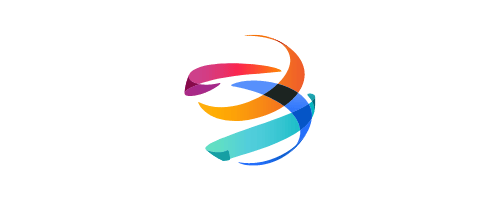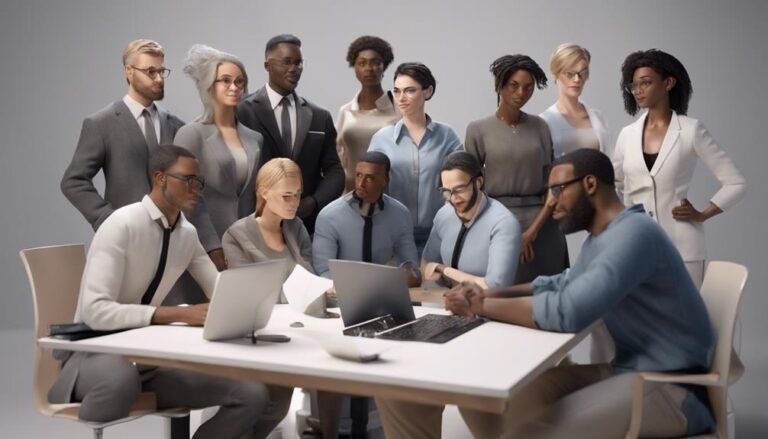Attitude Synonyms
Exploring the Spectrum of Attitudes: A Synonymous Journey In the complex tapestry of human interaction, attitudes play a pivotal role, serving as the lenses through which individuals perceive and respond to the world around them. From optimistic outlooks to pessimistic dispositions, attitudes encompass a wide array of perspectives and behaviors. Let’s embark on a journey…










